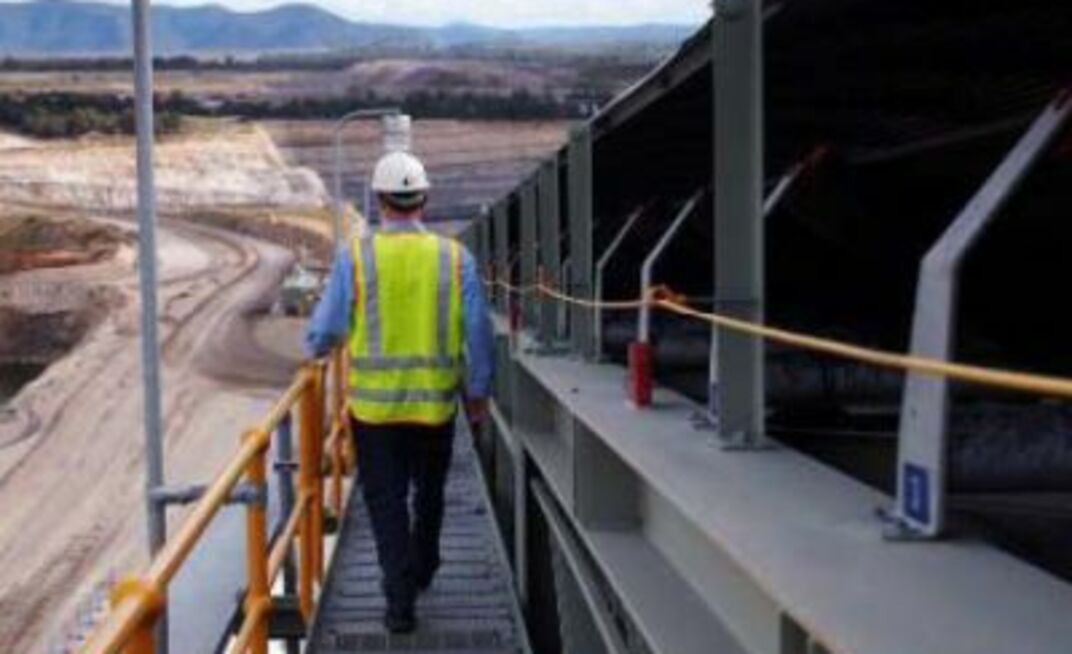More than half of the 268 enterprises that took part in the survey were currently facing skills shortages. Queensland was also found to be one of the states which had increased its skilled migration numbers the least over the past 12 months.
In New South Wales about 48% of the respondent enterprises said they were facing skills shortages.
To address the issue, 72% of the affected Queensland enterprises seek to employ skilled workers under the 457-visa scheme while 65% of the NSW enterprises plan to take this measure.
The long-anticipated baby boomer retirement wave is getting under way with four out of five respondents expecting some impact to their businesses during the next five years.
Significant impacts were expected by 34% of the NSW enterprises and 32% of the Queensland respondents.
More than two-thirds of the enterprises had specific plans to combat the skills shortages while more than half planned to make a generational shift in their human resource strategies.
Of the migrant skilled workers employed under the 457-visa program, engineers were the most sought after.
Engineering skills accounted for 21% of the demand in the survey, while tradespeople were 12%.
Oil and gas skills made up 4% of demand and mining skills accounted for 3.5%.
About 26% of skilled migrants came from the UK, 13% from South Africa, followed by 9% from the USA and 6.5% from the Philippines.
Only 7.5% of the enterprises that took part in the survey were from the mining industry, compared to 16.5% in manufacturing, and 8% in both the construction and finance and insurance fields.
The Business Council of Australia along with Skills Australia both forecast that Australia will need 9.3 million new workers in the next 15 years with 4.4 million to replace retiring workers.
























